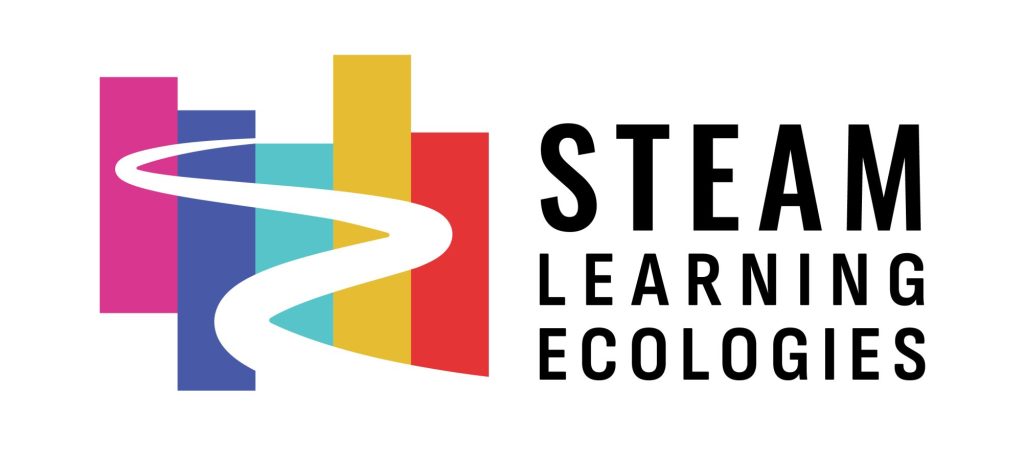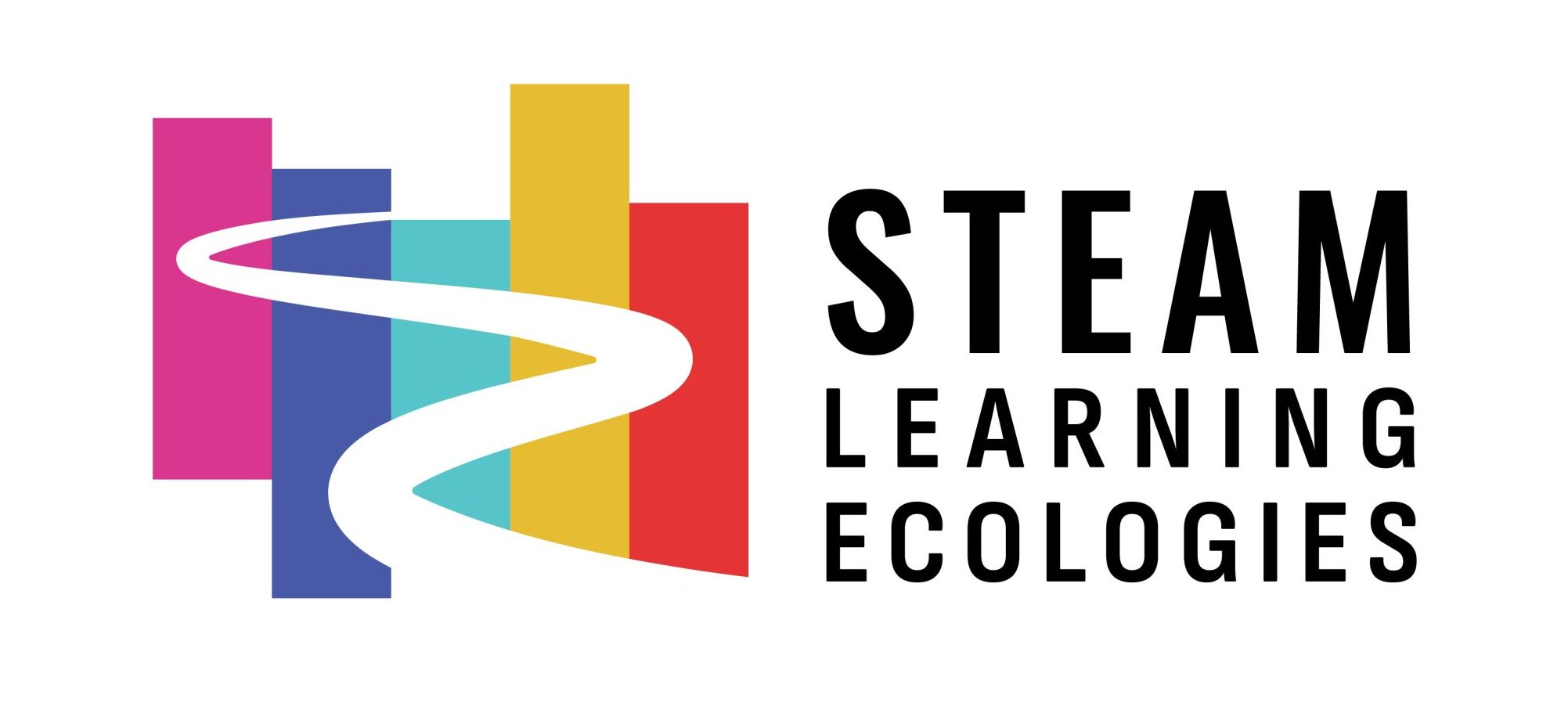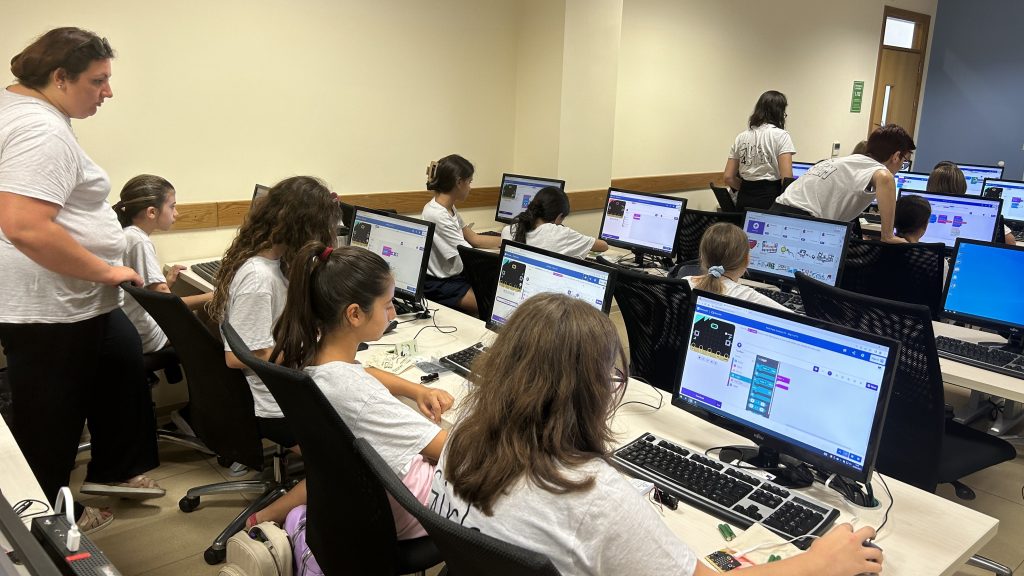The Pilot STE(A)M Learning Ecology (SLE) in Malta aimed to address gender stereotypes and gender imbalances in the STEM sector through a dedicated summer camp. The initiative increased interest in various STEM subjects for 11 and 12-year-old female students by involving several female STEM professionals in the activities. During the sessions, female pupils could learnt about electromagnetism, radiography, diagnostic science, entrepreneurship, and coding. To learn more about this learning ecology, read the interview we conducted with a Ms Mary Rose Borg, Head of Department for Biology within the Maltese Ministry for Education, Sport, Youth, Research and Innovation – acting as a mentor during this learning ecology!
Can you “paint a picture” of the context in which your STE(A)M Learning Ecology operates? Describe a bit the local setting where the SLE is located as well as the real life challenge it addresses. How does it link to the school curriculum?
The Girls4STEM Summer Camp, was organised by the Directorate for STEM and VET Programmes together with the University of Malta in September 2023. It targeted female students aged 11-12 years. The initiative is aligned with Sustainable Development Goal 4, because it aimed to eliminate gender disparity in STEM education – thus ensuring inclusive and equitable quality education and promoting lifelong learning opportunities for all.
Could you briefly present your role as a stakeholder involved in this SLE? Describe the interactions within this SLE.
I am employed as a Head of Department for Biology within the Ministry for Education, Sport, Youth, Research and Innovation (MEYR). During the summer camp, my role was that of a mentor, as the girls worked together in groups on a number of different hands-on STEAM activities.
Have you already worked in similar open schooling projects in the past? If not, how was this first experience?
This was my second opportunity working in open school projects. The first one was with 16-year-old students. We went to Romania for a week and the pupils were involved in various fieldwork activities. My main role there was to support the organisers by taking care of the students especially on our way from Malta to Romania and back. I also helped to facilitate the tasks being carried out by the scientists in Romania with the students. In the case of the Maltese learning ecology, I was expected to be a mentor for the group as the girls were split in different sub-groups and worked on the diverse tasks. It proved to be a fun and very motivating experience as I collaborated with other mentors and organisers to achieve our common aims and watch the students eagerly undertake the tasks assigned outside the formal classroom environment.
Were there any challenges occurred while implementing the STE(A)M Learning Ecology and/or interacting with the relevant stakeholders? How did you address them?
The only challenge encountered was that of the rainy weather that could possibly disrupt the summer camp activities. Luckily, we managed to continue as initially planned because the weather held during the first part of the afternoon, and the girls managed to carry out their fieldwork activities before the rain started.
Why do you think that your STE(A)M Learning Ecology was so helpful? What are the benefits and the added value brought to the scholastic community? What are the benefits and added value brought to the educational experience of students/teachers involved? Please think about the skills developed.
In terms of community benefits, the camp helped raise awareness about the diverse opportunities available in STEM fields, encouraging more young girls to consider these paths. This can lead to a more diverse and inclusive workforce in the future. As per benefits for the students, the sessions sparked curiosity and motivation in the female pupils, encouraging them to explore further learning and potentially pursue STEM careers. There were benefits for the involved teachers and mentors, too: by observing and participating in the camp, teachers could see the positive impacts of a more interactive and student-centred learning approach. This can inspire them to incorporate similar techniques in their regular classrooms.
How do you think that your STE(A)M Learning Ecology engaged and attracted learners to opportunities in science-related fields, in particular young females?
During the summer camp, students had the opportunity to attend a number of workshops that were facilitated by female STEM professionals coming from different fields. For example, the professional from the Diagnostic Science Laboratories at Heritage Malta discussed case studies in the form of X-Ray images, and taught about the science of investigating and preserving Malta’s national cultural heritage. During another session, the professional from Malta Enterprise helped the girls focus on the concept of problem-solving, finding solutions and the benefits that such solutions bring to the market. Through these and other similar activities these professionals served as role models for the girls. They helped to expose them to the diversity of STEM subjects and careers as well as address issues related to gender-imbalance and gender-stereotyping in STEM careers.
Looking ahead, do you plan to further collaborate with the school and the other stakeholders involved? Do you envisage to further sustain this SLE in the near/ long future?
I feel that this proved to be a fruitful and enriching experience, not just for the students but also for me. Thus, I plan to collaborate with the various stakeholders involved and participate again in the future to further sustain this the STEAM Learning Ecologies project.




